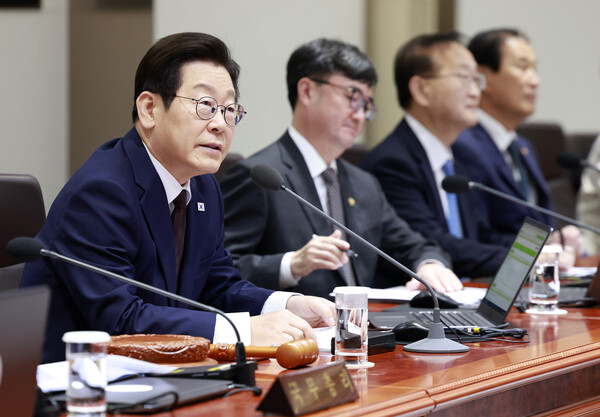Gapyong and Sokcho added to Peace Economic Special Zones

The South Korean government has allocated a budget to promote the country as a destination for global talent, following the U.S. decision to sharply raise fees for H-1B professional visas.
At a Cabinet meeting held at the Presidential Office in Yongsan on Monday, presided over by President Lee Jae-myung, the government approved a supplementary budget of 5.12 billion won (around USD 3.8 million) for fiscal year 2025, alongside five bills, 14 presidential decrees, and three general agenda items. The government said the supplementary budget is aimed at “promptly supporting promotional activities to attract outstanding overseas talent in light of changes in external conditions such as the increase in U.S. H-1B visa fees.”
Earlier, Presidential Secretary Kang Hoon-sik instructed relevant ministries last month to prepare measures to attract highly skilled global researchers and engineers to South Korea in response to changes in U.S. visa policies.
The Cabinet also approved amendments to the Enforcement Decree of the Act on Designation and Operation of Peace Economic Special Zones, adding Gapyong County in Gyeonggi Province and Sokcho City in Gangwon Province to the list of designated zones. Peace Economic Special Zones are national strategic areas aimed at balanced regional development in border areas and the long-term realization of an inter-Korean economic community. Currently, 15 cities and counties including Gimpo, Paju, Dongducheon, and Pocheon in Gyeonggi Province, and Cheorwon, Yanggu, and Chuncheon in Gangwon Province are designated.
Additionally, the Cabinet approved revisions to the Enforcement Decree of the Special Act on COVID-19 Vaccination Damage Compensation, expanding the scope of eligible cases. The revised law, set to take effect on Oct. 23, specifies procedures and criteria for filing claims and receiving compensation.

